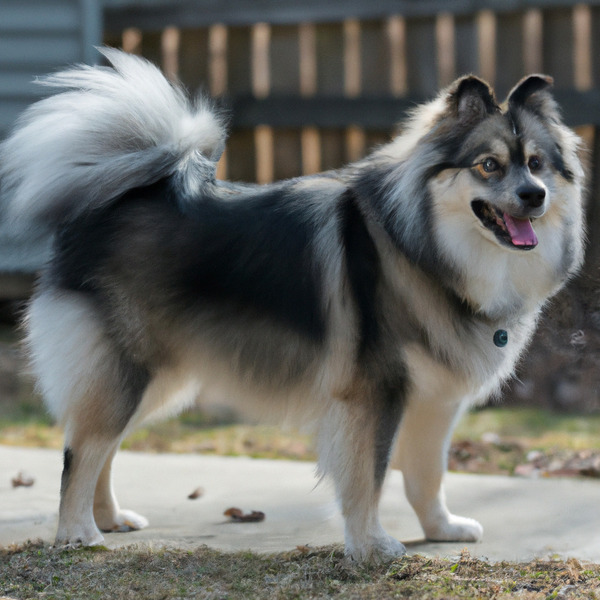Pomsky vs. Pumi: Breed Differences and Similarities
Weight Gain Potential
Which breed eats more: Pomsky or Pumi?
The Pomsky and Pumi breeds have an average risk of becoming obese. Daily walks and a balanced diet of quality dry dog food can help maintain a healthy weight. An active lifestyle and monitoring weight regularly is recommended.
Hypoallergenic
Are Pomskys or Pumis hypoallergenic, or neither?
Unfortunately, the Pomsky is not hypoallergenic, making it not a good choice for a dog lover who suffers from pet allergies.
While no dogs are truly 100% hypoallergenic, Pumis are about as close as it gets, making them an ideal pet if you are an allergy sufferer.
Temperament
What are the personalities of Pomsky and Pumi dogs?
Active
Friendly
Intelligent
Active
Lively
Reserved
Intelligent
Protective
Vocal
Alert
Restless
Extremely Bold
Suspicious Towards Strangers
Sensitive
Noisy
Shedding Level
Do Pomskys shed more than Pumis, or which breed sheds more, Pomskys or Pumis?
Pomskys are heavy shedders, but regular brushing can help manage shedding and promote a healthy coat.
Pumis are moderate shedders, but regular brushing can reduce shedding and maintain coat health.
Watchdog Ability
Which dog breed makes a better watchdog, the Pomsky or Pumi?
Pomskys aren't great guard dogs; they tend to just watch without taking action.
Choose a Pumi if you want a top-notch watchdog. This breed takes guarding seriously, and may not require much training, though obedience or guard dog training can improve their skills.
Origin
What is the origin of Pomsky and Pumi dog breeds?
United States
Hungary
Ancestry
What are the origins of Pomsky and Pumi breeds?
Pomeranian, Husky
Puli, German and French Sheepdog
Breed recognition
Which kennel clubs recognize/register Pomsky and Pumi?
Pomsky Club of America
American Canine Registry
America's Pet Registry
Dog Registry of America Inc.
Federation Cynologique Internationale
North American Purebred Registry, Inc.
American Canine Association, Inc.
Continental Kennel Club
National Kennel Club
Foundation Stock Service
Date of Birth
When were Pomsky and Pumi breeds first developed?
2009
1700s
Eye Color Possibilites
What are the eye colors of Pomsky and Pumi dogs?
Blue
Hazel
Brown
Amber
Brown
Nose Color Possibilites
What are the natural nose colors of Pomsky and Pumi?
Black
Brown
Black
Coat Color Possibilites
What are the natural colors of the coat for Pomsky and Pumi breeds?
Fawn
Pied
Gray
Black
Brown
Cream
White
Black
Gray
Silver
Coat Length
What is the typical coat length for Pomsky and Pumi breeds?
The coat of Pomsky and Pumi dogs falls in the medium-length category.
Coat Density
What is the density of the coat of Pomsky and Pumi?
Coat Texture
What is the hair texture of Pomsky and Pumi?
Straight
Curly
Litter Size
What is the usual litter size for Pomsky and Pumi?
Pomsky and Pumi, can have a litter of 12-15 puppies each on average. Nonetheless, it's important to keep in mind that litter size can differ significantly between individual dogs. Various factors such as the mother's health, breeding history, and genetics can have an impact on litter size.
Adaptability
Pomsky and Pumis are known for their adaptability and versatility. They are capable of adapting well to a wide range of lifestyle changes and living environments, making them great companions for families and individuals of all lifestyles.
Health Issues
Between Pomsky and Pumi, which breed is more prone to health problems?
While the Pomsky breed is generally healthy, occasional vet check-ups are still necessary to address any health concerns.
Pumis are susceptible to health issues like all breeds, so it's important to monitor their health and seek veterinary care when needed.
Major Concerns
What are the major health concerns for Pomsky and Pumi breeds?
Patellar Luxation
Allergies
Eye Problems
Dental Problems
Patellar Luxation
Lens Luxation
Minor Concerns
What minor health issues should be kept in mind when owning Pomsky and Pumi?
Canine Hip Dysplasia
Collapsed Trachea
Skin Conditions
Hip Dysplasia
Degenerative Myelopathy
Occasional Tests
What occasional tests are recommended for Pomsky and Pumi breeds?
Eye Examination
Skin Evaluation
Blood Count
Internal Imaging (x-ray, CT scan, MRI, etc.)
Dental and Oral Examinations
Eye Examination
OFA on hips and elbows
DNA Test
Energy
How do the energy levels of Pomskys and Pumis compare?
Pomskys' high energy levels make them unsuitable for a low-key dog, choose accordingly.
Pumis thrive on an active lifestyle due to their high-energy nature.
Social Needs
Pomsky vs Pumi social needs comparison
Pomsky has above average social needs and thrives with interaction with humans and other dogs.
Pumi has very high social needs and requires regular mental and physical stimulation, a job or purpose, and companionship.
Exercise Needed
Pomsky vs Pumi exercise need comparison.
Pomskys need moderate physical activity and are great for families and active individuals.
Pumis require significant physical activity and suit those with an active lifestyle.
Sleeping Need
Which of the two sleeps the most/least: Pomsky or Pumi?
Pomskys have moderate energy levels and typical sleep patterns of 12-14 hours per day.
Pumis are active and require sufficient sleep to stay healthy.
Drooling Tendency
Which drools more/less, Pomsky or Pumi?
Pomsky has low drooling tendency, suitable for those who dislike drool marks.
Pumi is an average drooler, monitor for excessive drooling which may indicate health issues.
Tendency to Bark
Do Pomskys or Pumis bark more/less frequently?
Pomsky and Pumi dogs bark and howl frequently, they are not a good fit for quiet homes.
Territorial
Is the Pomsky or Pumi a better guard dog?
While Pomsky dogs can defend their territory or owners, it's not their primary trait, and they are not ideal guard dogs.
Pumi dogs have a strong protective nature and territorial instinct. They are highly vigilant and will fiercely defend their home and family.
Mouthiness
Mouthiness Comparison: Pomsky vs Pumi?
Roaming urge
Pomsky vs Labrador: Running away tendency?
Prey Drive
Pomsky or Pumi - which breed has a higher level of prey drive?
Activity Level
Which breed has higher energy, Pomskys or Pumis?
Both Pomsky and Pumi are medium-energy dogs that enjoy socializing and playing with other dogs. They may engage in casual or sustained games of chase, and occasionally have bursts of barking or racing around the house.
Tolerance of being left alone
Walks per Week
How many miles should Pomsky or Pumi walk each week?
There's really no limit to how far you walk your dog as long as they're comfortable. For Pomsky, it's at least 10 miles / week. Just remember to build distance and stamina gradually over time.
There's really no limit to how far you walk your dog as long as they're comfortable. For Pumi, it's at least 8 miles / week. Just remember to build distance and stamina gradually over time.
Activity per Day
Do Pomskys or Pumis require more exercise?
Both Pomsky and Pumi typically require a minimum of 45 minutes of exercise each day. The exercise can be spread throughout the day and may involve high-energy activities like walking, running, and playing.
Grooming
Which breed is easier to maintain in terms of grooming, Pomskys or Pumis?
Pomskys require significant grooming, including regular trims and professional grooming assistance to maintain their coat. They may also require frequent bathing to keep their coat and skin healthy.
The Pumi requires an average amount of grooming compared to other breeds.
Brushing Frequency
What is the recommended brushing frequency for Pomsky and Pumi dogs?
Ideally, Pomsky should be brushed at least 2 or 3 times a week (preferably daily) improve shedding.
Pumi should be brushed at least once a week. Of course you can give them more frequent brushes if you find that they are still shedding a lot
Brushing Tools
What brushing tools are used for Pomskys and Pumis?
Pin Brush
Slicker Brush
Scissors
Nail Clipper
Pin Brush
Slicker Brush
Comb
Nail Clipper
Cups
How much food should be given to Pomsky or Pumi in cups?
For an average 24-30 pound (11 - 14 kg) Pomsky feed 2.5 cups daily. But, keep in mind, the amount you feed is going to be dependent on the quality of the food you are feeding.
For an average 27-29 pound (12 - 13 kg) Pumi feed 1.2 cups daily. But, keep in mind, the amount you feed is going to be dependent on the quality of the food you are feeding.
Daily Cost
Which breed has a higher daily cost, Pomsky or Pumi?
The average cost of a Pomsky is somewhere $1.70 - $2.00 per day.
The average cost of a Pumi is somewhere $1.40 - $1.40 per day.
Monthly Cost
Which breed has a higher monthly cost, Pomsky or Pumi?
The average per month expenses of a Pomsky is between $48 - $63. This makes an average of $576 - $756 per year. It will be on the higher side when the dog is still small because it will need more frequent visits to the vet, shots.
The average per month expenses of a Pumi is between $35 - $42. This makes an average of $420 - $504 per year. It will be on the higher side when the dog is still small because it will need more frequent visits to the vet, shots.
Intelligence
Comparing Intelligence: Pomskys vs Pumis
Pomsky is a very intelligent and trainable breed.
Pumis are average in obedience intelligence but have a high IQ and may cause trouble if left unsupervised.
Sensitivity Level
How do Pomsky and Pumi compare in sensitivity?
This breed is sensitive and requires gentle handling and a calm home environment.
Pumis are adaptable and resilient, making them ideal for those seeking a less sensitive pet.
Affection Dependance
Which is the more affectionate dog breed: Pomsky vs Pumi?
Apartment Friendly
Which breed is more apartment-friendly: Pomsky or Pumi?
The Pomsky is a great apartment dog, thriving with sufficient exercise and time outside as part of their daily routine.
Pumis are good apartment dogs as long as they get enough exercise and stimulation outside of the apartment.
Child Friendly
Do Pomskys or Pumis have a friendlier temperament towards children?
Pomskys have an average level of friendliness towards children.
Pumis are good with kids if socialized and trained from a young age.
Senior-friendly
Which dog is more suitable as a pet for the elderly - Pomsky or Pumi?
Cat Friendly
Do Pomsky or Pumi breeds have a better compatibility with cats?
Pomskys and Pumis are an average cat friendly dog. They do well with cats, even more if raised together from puppyhood.
Dog Friendly
Which breed is more sociable with other dogs: Pomsky or Pumi?
Pomskys are friendly and active companions, and can be good family pets, though their friendliness towards other dogs may vary.
Pumis are average in their friendliness towards other dogs, and socialization can help.
Pet friendly
How do Pomsky or Pumi dogs interact with other pets?
Stranger Friendly
Which breed is more friendly with strangers: Pomsky or Pumi?
Pomskys are averagely friendly around strangers but benefit from early socialisation.
Pumis are quick to announce strangers and can be standoffish or suspicious.
Playfulness
Which breed is more playful between Pomsky and Pumi?
Pomskys are a playful breed that needs daily playtime to be happy.
Pumis are very playful, so adopting an older one might be a better option for a more relaxed experience.
Trainability
How do the trainability levels of Pomskys and Pumis compare?
Pomsky and Pumi dogs are known for their ease of training and ability to learn quickly, making them a popular choice for pet owners and trainers alike.
Compare Pomsky with other breeds
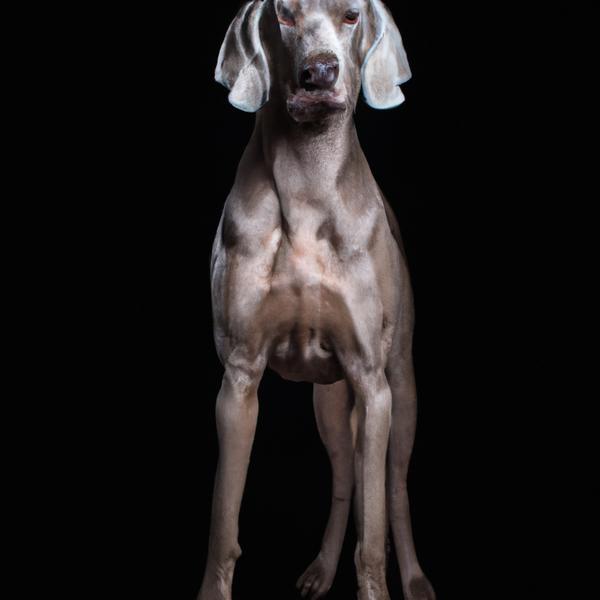
Weimaraner
Pomsky vs Weimaraner
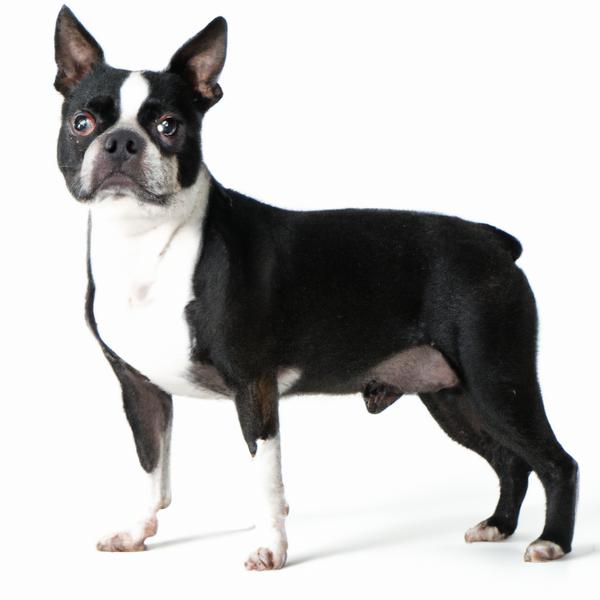
Boston Chin
Pomsky vs Boston Chin
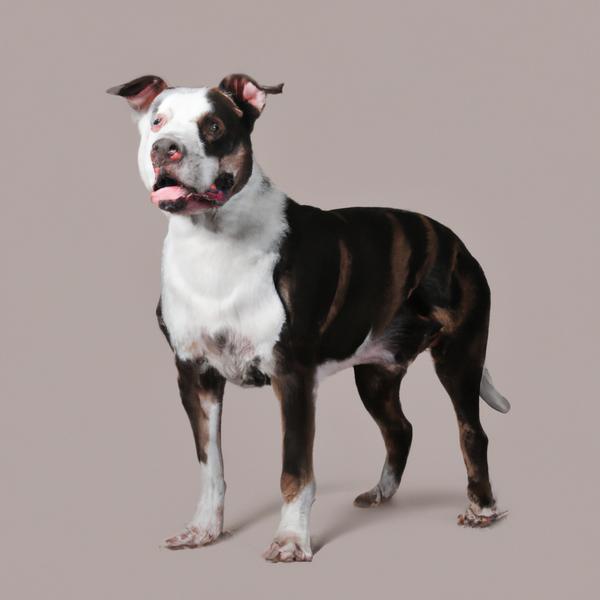
American Bull-Aussie
Pomsky vs American Bull-Aussie
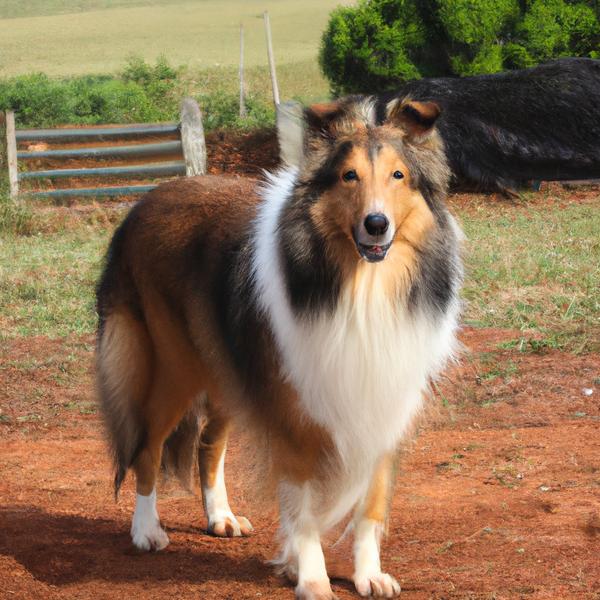
Collie
Pomsky vs Collie
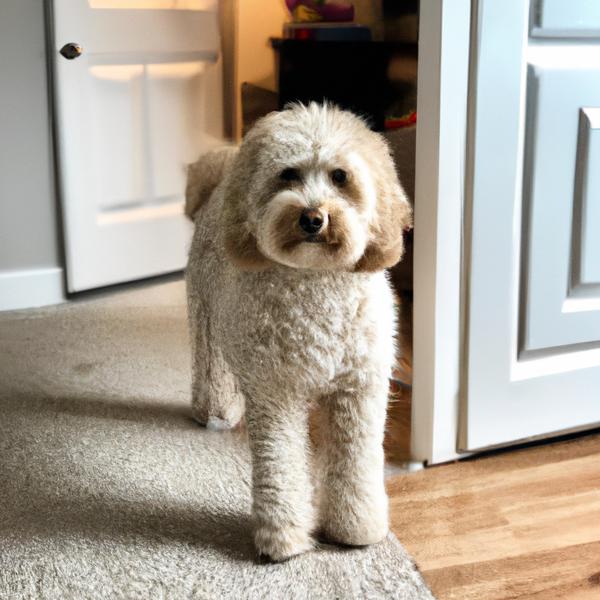
Ttoodle
Pomsky vs Ttoodle
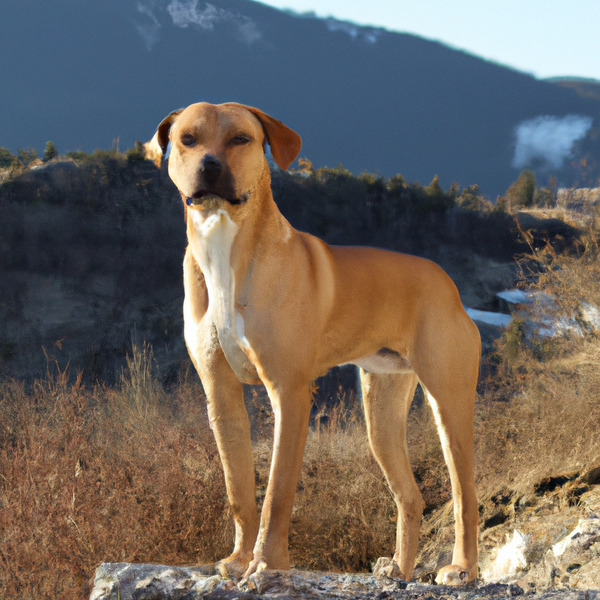
Mountain Feist
Pomsky vs Mountain Feist
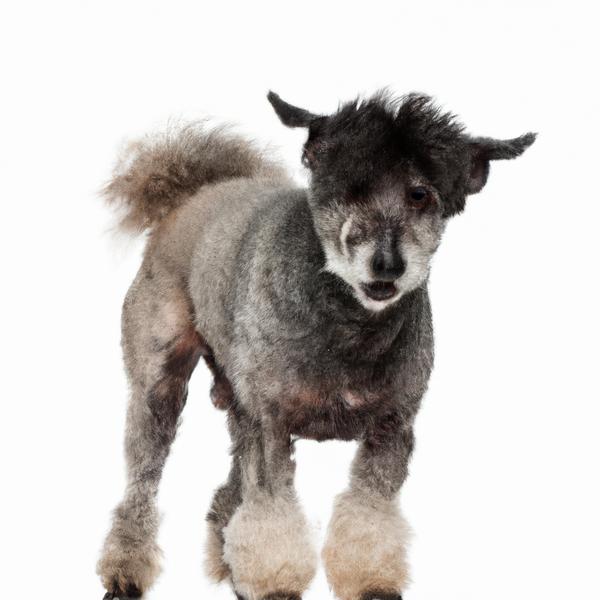
Pumi
Pomsky vs Pumi
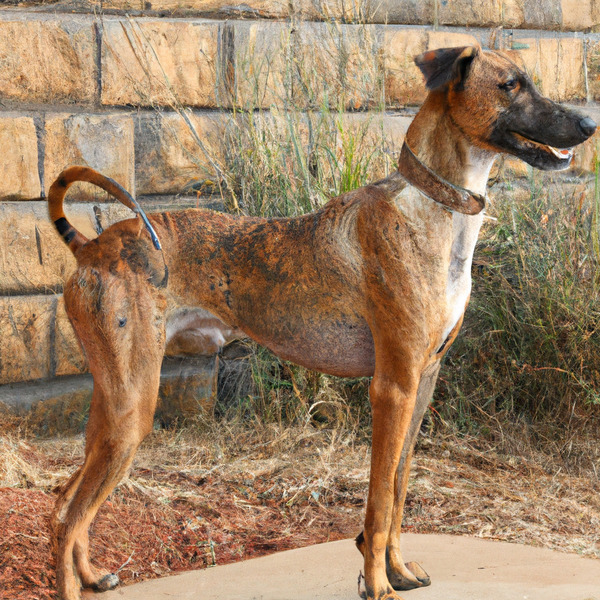
Africanis
Pomsky vs Africanis
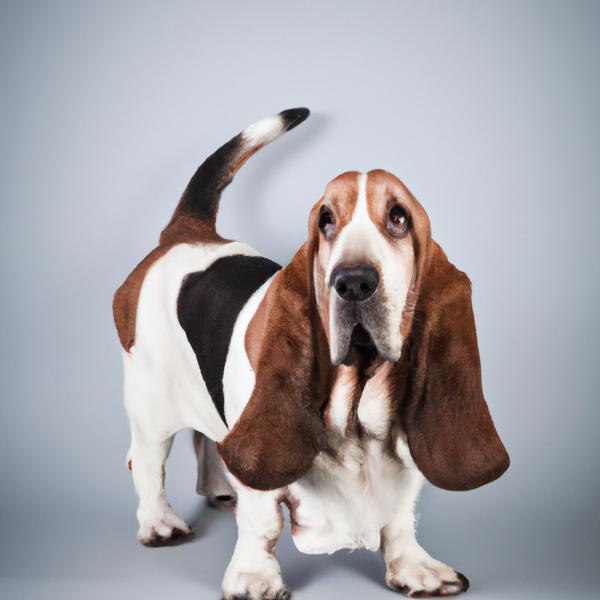
Lha-Basset
Pomsky vs Lha-Basset
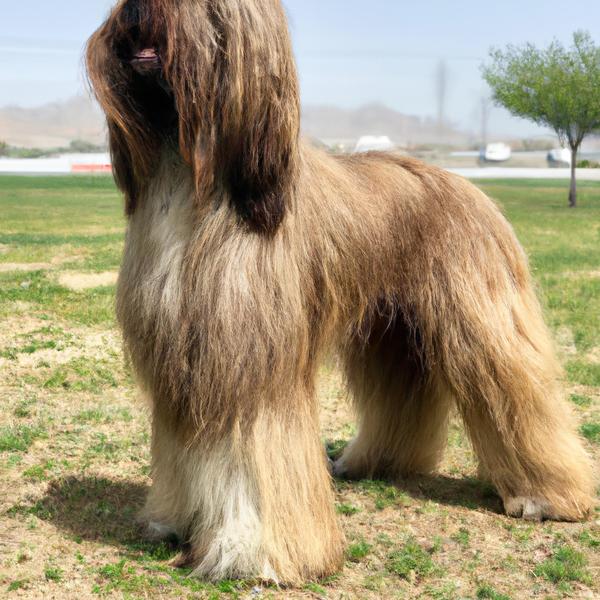
Afghan Chon
Pomsky vs Afghan Chon
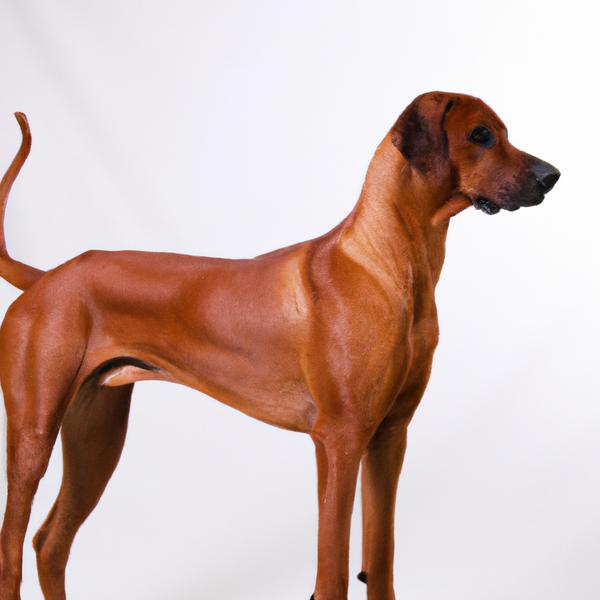
Rhodesian Ridgeback
Pomsky vs Rhodesian Ridgeback
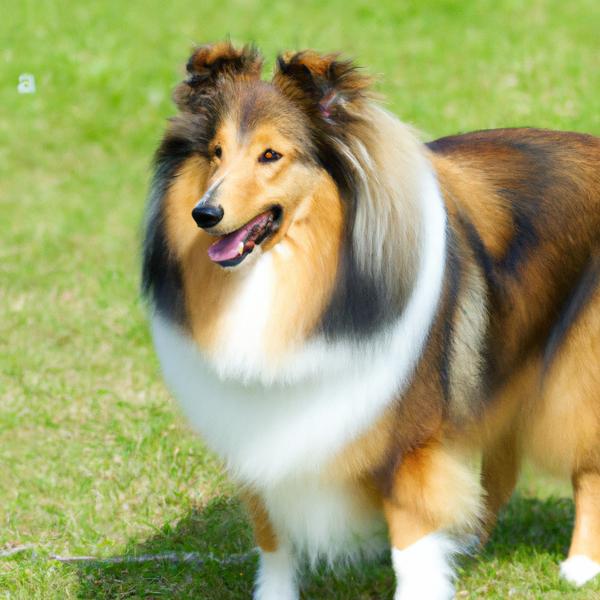
Cosheltie
Pomsky vs Cosheltie
